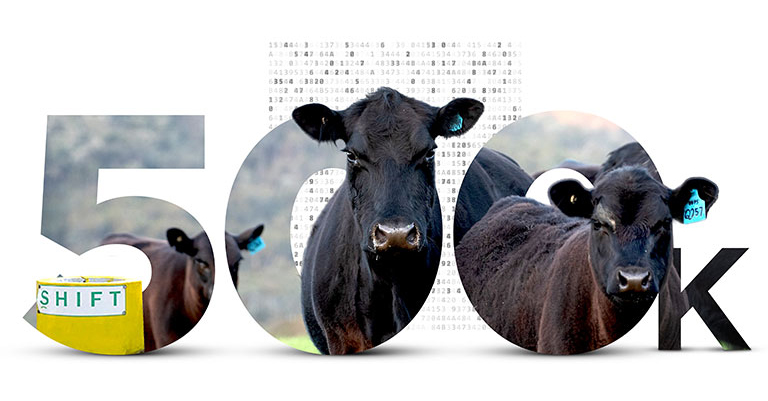Turning Ideas Into Reality

“I can guarantee I'll be the only CPA you meet that turns poop into power,” says Fahad Tariq, CPA, CA and equity research analyst at Credit Suisse. What he is referring to is Shift, the revolutionary non-profit he founded in 2017 that converts animal waste into reliable, inexpensive energy in developing countries.
To date, shift has collected 500,000kg of animal waste to create free, safe cooking gas for some 500 people.
Tariq earned an undergraduate degree from the University of Toronto and an MBA from Ivey Business School (Western University) before finding his way to Credit Suisse via stints at EY as an audit manager and BMO as Senior Associate, Equity Research. Professionally, he is a deeply committed individual and his enthusiastic approach to his job is reflected in the work he does with Shift.
“I always joke and tell people the idea came to me when I was in the washroom, but that’s not true,” Tariq says of Shift. “I came across the idea when I was at business school.”
Tariq and a few teammates had entered the Hult Prize competition, an annual competition for MBA and college students to address social issues like energy, education, and food and water security. Their idea was to use human waste to create energy.
Although his team ultimately didn’t win, Tariq tweaked the idea, replacing human waste with animal waste, and founded Shift in 2017.
Tariq is quick to credit the CPA designation for allowing him to be adaptable and providing him with valuable technical skills to oversee such an ambitious project.
“The career opportunities are plentiful,” he says. “[The designation] gives you that confidence… because you’re constantly learning new things and becoming an expert. That learning and breadth gives you a lot of perspective and keeps you open to new opportunities.”
“There are going to be lots more opportunities and CPAs can adapt very quickly, learn something new, delve deeply into it and become experts. Not many people are trained that way.”
So, what’s next for Tariq?
“With Shift, we want to implement this technology in every country that needs it,” he says. “We’re confident we can do it.”
